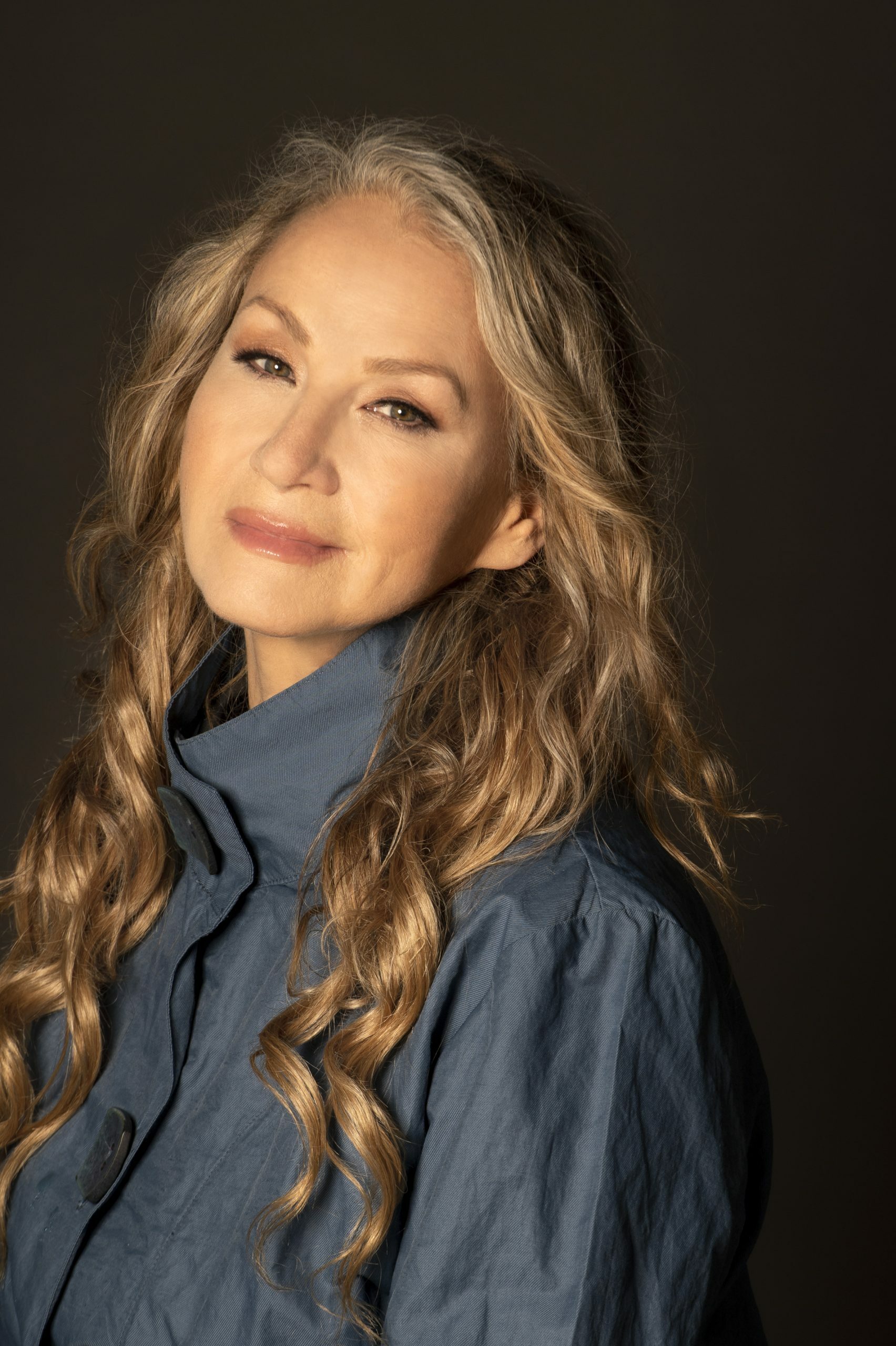
When Joan Osborne came out with her most recent album in 2020, it was packed with the politics of an unparalleled election year. But what she didn’t anticipate was that she wouldn’t get a chance to play her new slew of powerhouse songs live for a long time. Instead, just like everyone else, Osborne went into lockdown. And she found unique ways to share her album, “Trouble and Strife.”
With a background in filmmaking, Osborne has always enjoyed considering the visual component of storytelling. She created a video of the song “Meat and Potatoes” that portrays many different women, at home in their kitchens rocking out to her music and making food.
“I wanted to find a way that was fun and energetic, to give people another way to experience this song,” said Osborne. “I reached out to a bunch of female friends who, like everybody, was stuck at home. I asked them to record themselves cooking and dancing and enjoying the groove.”
It was a way to bring people together through her music at a time that presented myriad challenges to musicians who depend on performing live.
“It was disappointing to not be able to go out and play the record for my fans on tour, but I’m not complaining. The positive thing for me was I was able to spend more time with my daughter — the pandemic was a chance to have family time with her.”
Even now, her touring schedule isn’t back to what it would have been, but she is performing the songs she wrote, and they have as much resonance now as they did in 2020, or in 2016 when she started working on many of them.
“‘Trouble and Strife’ was my most political record,” said Osborne. “2016 was a shock to me, as I sat with my daughter thinking we were going to be watching the first female president get elected … I felt I could make music that addressed the situation we were in.”
Osborne certainly doesn’t hide her beliefs or shrink from conflict — that’s been clear since her 1995 single that took the world by storm, “One of Us,” off her album “Relish.” The song, which questioned mainstream concepts of how God might manifest, was controversial, but also opened up conversations that Osborne savored. The same is true for many of the songs on “Trouble and Strife.” “Hands Off,” for example, was originally inspired by the publicity of the #MeToo movement. But it has broad implications.
“It was about uncovering all this corruption that was being acted out publicly across all kinds of life,” said Osborne. “Hands off the things that don’t belong to you — it could be oil executives putting corporate profits over the health of the planet, or Harvey Weinstein humiliating people. I tried to write the song with lyrics that were open ended enough to speak to all these things.”
Now of course, with the reversal of Roe vs. Wade, the phrase “Hands Off” has another meaning still.
“We are in a difficult time right now,” said Osborne. “I am the mother of a teenage daughter, so I feel this every day.”
But she doesn’t get on a soap box and preach. Ultimately, she believes in the power of music to bring people together.
“Music has a huge role to play in the world,” she said. “In this country, we are very divided, and live music is one of the few arenas in which community members can come together and not see each other as our political affiliation. There’s something important about having those moments and places in a community where we can just be fellow human beings. There’s still a sense of mission to making music in this climate.”
Osborne has managed to walk the delicate line that musicians must find: keeping her voice true and, at the same time, making sure people have a good time at her shows.
“I am not going to let this situation silence me,” she said. “I have a right to speak. The “Trouble and Strife” record is about energizing people, and allowing music to uplift you.”
Joan Osborne performs Sunday, July 31, at 7 p.m. at The Stephen Talkhouse, 161 Main Street, Amagansett. Tickets are $85 at stephentalkhouse.com.